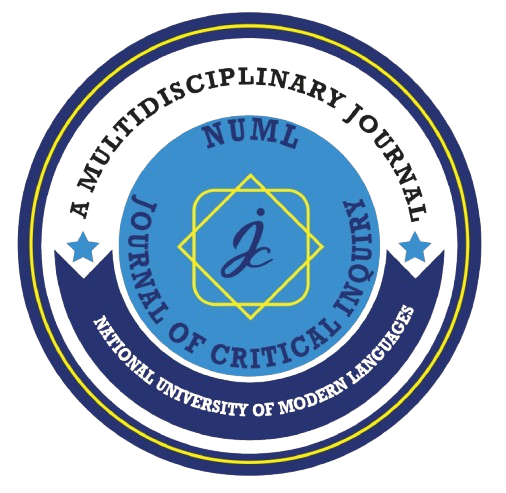Terraforming the Red Planet: Imperial Domination, Neocolonial Control, and Resistance in Kim Stanley Robinson’s Red Mars
Main Article Content
Abstract
This paper uses Edward Said’s concept of colonial discourse to examine how Mars is colonized by the governments of Earth and dominated by transnational capitalism, as it is depicted in Kim Stanley Robinson’s Red Mars. The novel portrays Mars as a battlefield for the imperial powers of Earth, where the wars for Martian land proceed from well-known predilections for imperialist and neo-colonial capitalism. Mars appears as a “frontier,” neither settled nor exploited, that can be colonized, where both the colonizers and colonized struggle for dominance. But Martian colonists reject corporate and institutional control and fight their own battles reminiscent of anti-colonial struggles on Earth. This qualitative study investigates how Mars can be viewed as an extension of neocolonialism by arguing that Robinson has depicted Mars as a colonial/neocolonial space. The novel serves as a warning to the institutions of Earth as it demonstrates that conquest, corporate dominance, and economic exploitation are challenges that must be continually opposed. The research underlines the need to create a system based on justice, freedom, and the wellbeing of all settlers. It raises both political and ethical questions and illustrates how speculative fiction like Red Mars plays a role in policymaking conversations.






